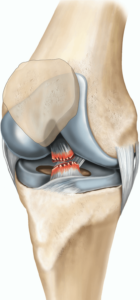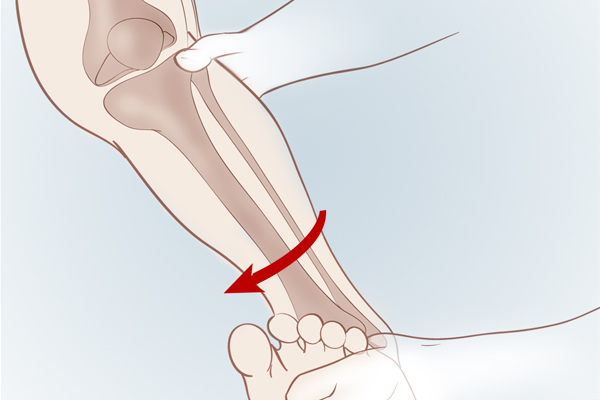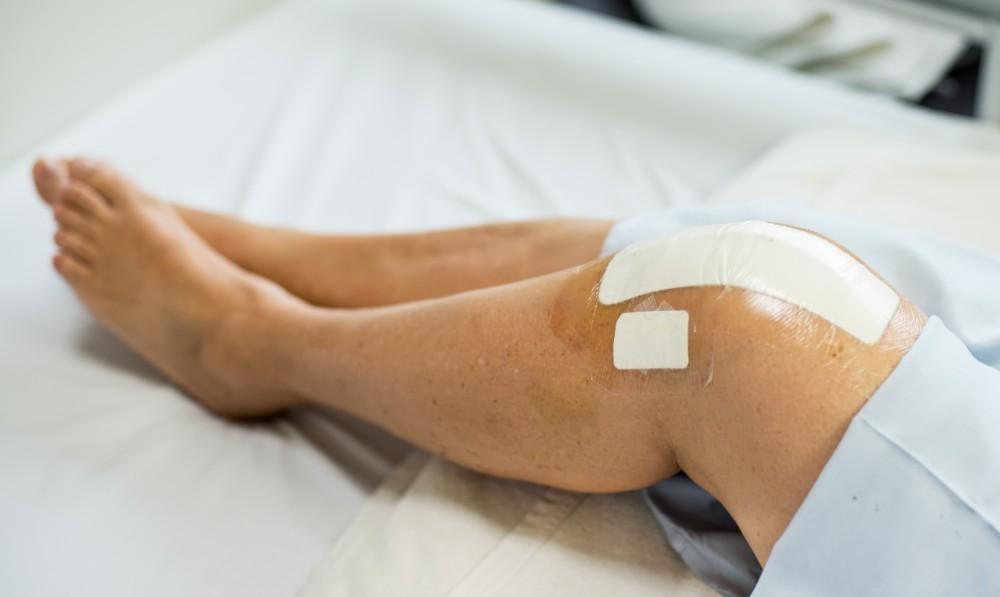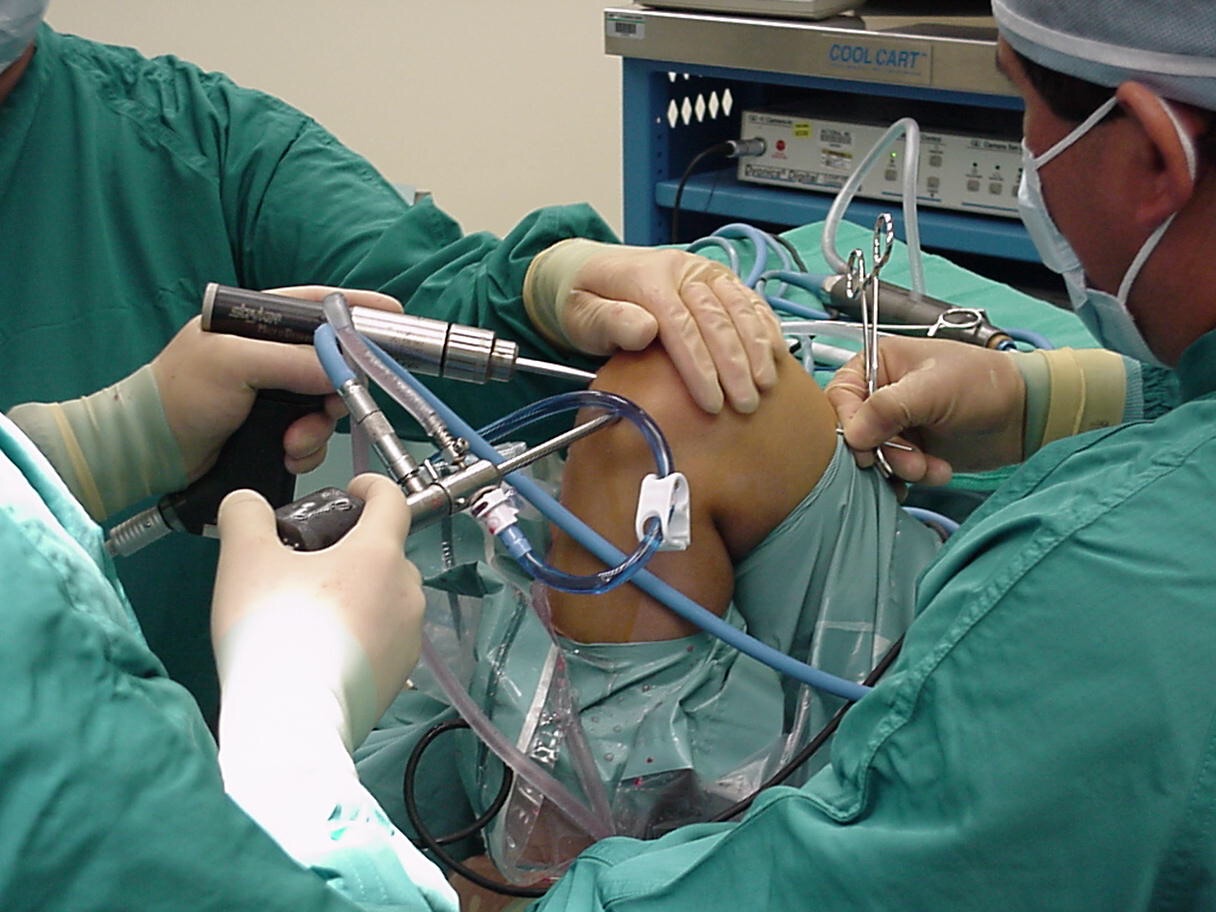Made Stress-Free Reliable Hassle-Free Convenient Pocket friendly
Request a call back
The surgery you need is
just a click away


21K +
Consultations

1180
Surgeries

100+
Partner Hospitals

10000+
Hassle-free Consultation

5000+
Smooth surgeries

500+
Expert Doctors

100+
Trusted hospitals

Affordable ACL Tear Surgery in Mumbai
An injury or tear to the ACL, PCL or meniscus can cause chronic knee pain and instability. Our orthopaedic doctors specialize in Arthroscopic ACL Reconstruction that allows early recovery and return to regular life. Consult the best knee surgeon for ACL surgery in Mumbai at Aapka Care.
- 40 min procedure
- Keyhole Surgery
- Complete Insurance Support
What Is A ACL Tear?
A tear in the anterior cruciate ligament is known as ACL tear. It is one of the major ligaments in the knee. Athletes and women who wear high heels for long hours are likely to suffer from an ACL tear often. ACL tear is commonly witnessed in players related to soccer, football, cricket, basketball etc where sudden jumping, landing and other such body movements are required. The surgery to reconstruct a torn or injured ACL is known as ACL Reconstruction.


Overview
- Surgery healing takes 4 to 8 weeks.
- Full recovery usually takes 4 to 9 months
- Swelling typically persists for 4 to 6 weeks.
- Elevate your leg and apply ice packs to the knee, for 20-30 minutes every 2 hours.
- Patellar tendon autograft
- Patellar tendon allograft
- Hamstring autograft
- Quadriceps tendon autograft
- Athletes can return to pivoting sports after 4 to 8 weeks
- Athletes can return to regular sports after about 8 months. Make sure to take your orthopedic surgeon’s approval before returning to sports.
ACL Tear Treatment
Diagnosis of ACL Tear
During the physical examination, the doctor will check the swelling in the knee. The doctor may also ask you to change positions of the knee to check if the knee is functioning properly. The diagnosis, in most cases, can be done on the basis of the physical test alone, but if the injury looks severe, the doctor may ask you to take a few more tests such as – X-rays and MRI.


ACL Tear Surgery
The surgery to repair a torn ACL is known as ACL Reconstruction. During the process, the surgeon operates and removes the injured ligament and replaces it with a segment of tendon tissue. The tendon tissue works similar to that of a ligament that connects the muscle to bone.
The surgeon will use a piece of tendon from another part of the knee or a tendon from a deceased donor. After the surgery, the patient can resume a rehabilitative therapy course for recovery.
For recovery, you can do the following self-care at home:
- Icing
- Proper rest
- Use compression
- Keep your knee in an elevated position
Undergo less invasive and successful ACL Reconstruction Surgery In Mumbai
Tears in the ACL or anterior cruciate ligament because of an injury of the knee joint is one of the most common types of injuries of the knee. ACL or the anterior cruciate ligament is one of the major ligaments of the knee joint and is responsible for the stability of the joint. If an injury is sustained, the ligament does not heal by itself. This implies that in case of ACL tear or injury, an orthopedic must be consulted to immediately know about treatment options.
If the injury sustained by the ACL is of Grade 1, it can be treated with non-surgical methods effectively. But if Grade 2 or Grade 3 injuries are sustained, your doctor may suggest ACL Reconstruction Surgery in Mumbai. With its certified, trained and experienced team of surgeons and a compassionate and caring environment, Aapka Care is one of the best choices for undergoing ACL Reconstruction Surgery. The surgeons at Aapka Care use the latest technologies and high-end equipment for your reconstruction surgery, and the follow-up appointments and rehabilitation program will ensure that you are on the right track to recovery.
How is an ACL tear treated?
A severe injury to the knee can result in an ACL tear. You would need a proper diagnosis after scans and physical examination to ensure that your injury is an ACL tear. Once a proper diagnosis is made, a comprehensive treatment plan can be drawn based on the following factors.
- The severity and extent of the injury
- Age and skeletal development of the patient.
- Type of lifestyle and activity routine of the patient.
The grading of ACL injuries is based on the extent of damage to the anterior cruciate ligament. The injuries are divided into three categories as follows.
- Grade 1: A light stretch in the ligament with mild damage is a Grade 1 injury. No instability of the knee is caused.
- Grade 2: Grade 2 injuries involve a strong stretch in the ACL which can make it lose. This is known as a partial tear of the anterior cruciate ligament and causes pain, inflammation, and instability.
- Grade 3: A complete ligament tear occurs due to overstretching of the joint. The ligament splits into two and makes the knee joint highly unstable, inflamed, and immobile.
If the ACL tear is mild and is caused by just a light stretch of the knee, surgical treatments will probably not be required. Nonsurgical treatment alternatives like the following can prove to be effective.
- Limiting and modifying activities.
- Using a brace, cast, or splint.
- Rehabilitation and physiotherapy programs.
However, in case of Grade 2 or Grade 3 injuries, an ACL Reconstruction surgery can be suggested by your orthopedic. The surgery aims to restructure the torn ligament by using a piece of tendon from another part of the knee, or a donor.
Benefits of undergoing arthroscopic ACL tear surgery
The expert team of orthopaedic surgeons at Aapka Care uses advanced techniques and equipment to reconstruct the ACL with a minimally invasive method. There are several benefits of ACL reconstruction surgery as compared to traditional open surgery. Some of them are listed as follows.
- Quicker recovery
- Significantly less pain after surgery
- Lesser and smaller incisions
- Lower risk of infections
Post-surgery, our orthopaedic surgeons will draw up a customised and comprehensive rehabilitation program and provide you with a schedule of follow-up appointments so that your recovery can be monitored.
Your journey with Aapka Care Health

